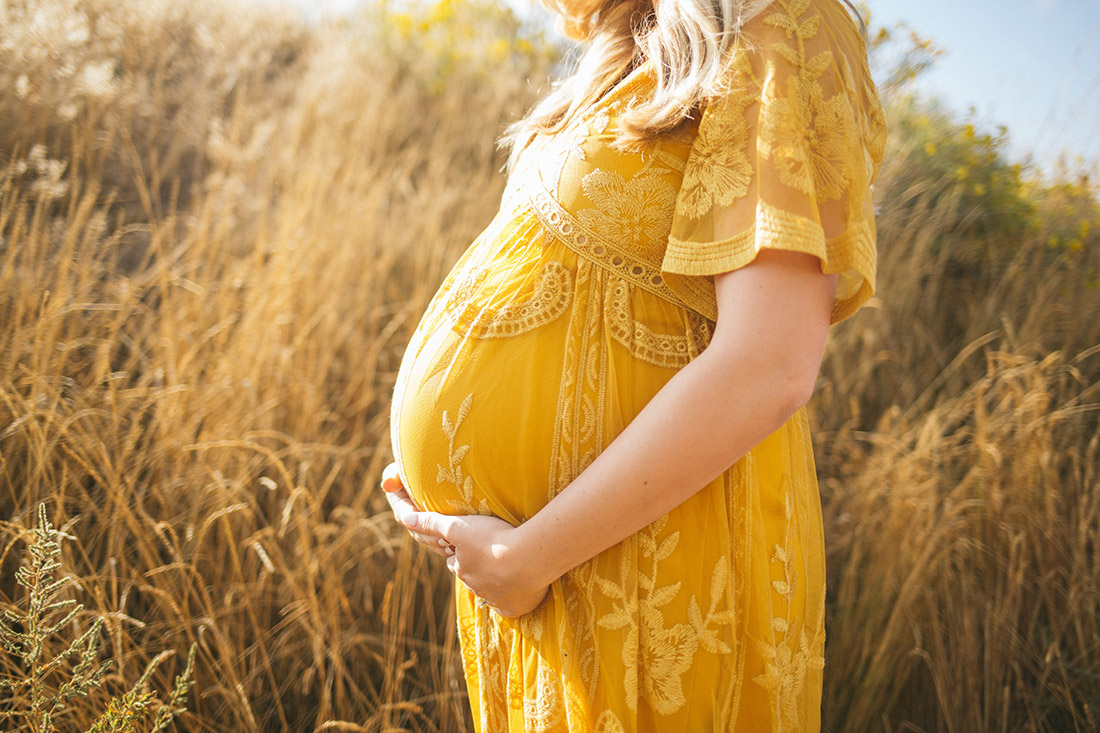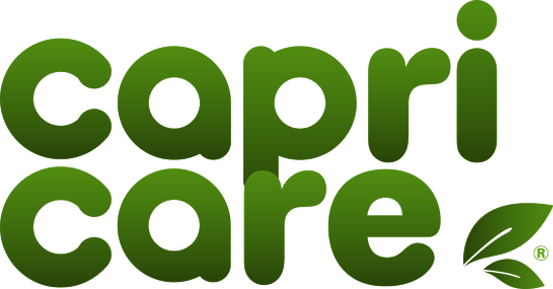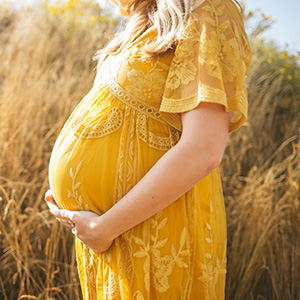Eating the right nutrients during your pregnancy has a big effect on your baby’s health. They will help your baby grow and develop in the womb, but also they will give them an extra head start in their early years too.
What you decide to eat now has the potential to support your baby’s well-being for years to come. Five portions of fruit and vegetables every day is a good place to start.
Here are the key nutrients you need to include in your diet:
Vitamin D
Vitamin D is required for calcium and phosphorus absorption which is essential for your baby’s healthy bone growth. Sunlight provides us with most of our vitamin D however the level can vary throughout the year. In winter it is especially important to also get vitamin D from other sources such as fatty fish, and eggs.
Folate and folic acid
Folate is involved with the formation of the neural tube, which ultimately becomes their brain, nerves and spinal cord! Foods such as fortified cereals, leafy green vegetables, citrus fruits, asparagus, and dried peas are all good sources of folate.
 Calcium
Calcium
You and your baby both need calcium for strong bones and teeth, and efficient nervous, muscular and circulatory systems. You can easily find calcium in foods such as milk, yogurt, cabbage, tofu and eggs (make sure they are hard boiled). Hard cheeses like cheddar or Parmesan are also a great source; you should aim for 2-3 portions of dairy food a day.
Iron
During pregnancy your blood volume increases significantly. As iron is an essential component of blood you need double your intake of iron. A healthy supply of iron also helps build you little one’s iron stores which they will need for their first months of life. Red meat is an excellent source of iron, but it can also be found in other foods such as spinach and beans.
Omega 3
Omega 3 is polyunsaturated fatty acid (good fat) also known as DHA, and has been shown to support the visual and cognitive development of your baby. A good source of omega 3 is oily fish like salmon.
Just one portion of oily fish a week has most of the long-chain omega 3 fatty acids needed by your baby, along with vitamin A and D. Your health care provider can recommend special supplements if you follow a strict vegetarian diet.

